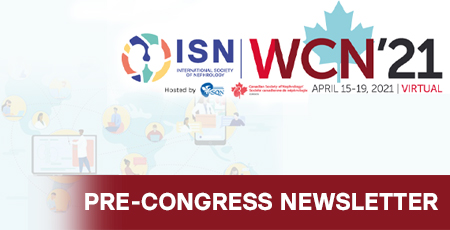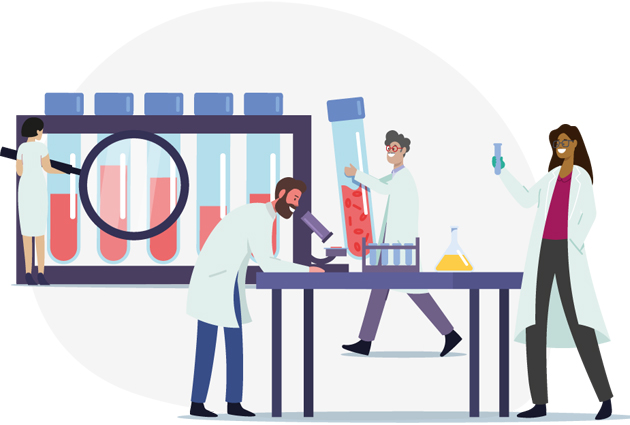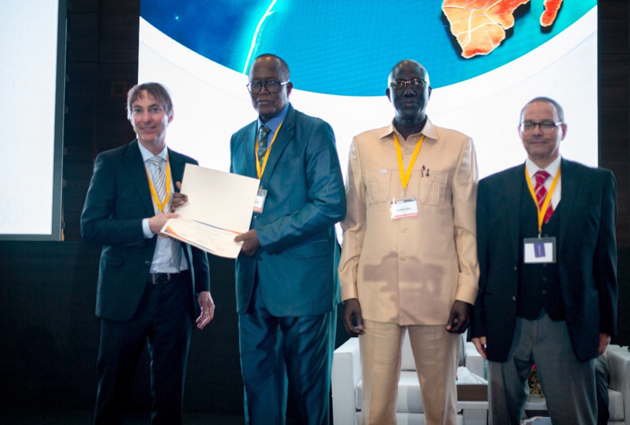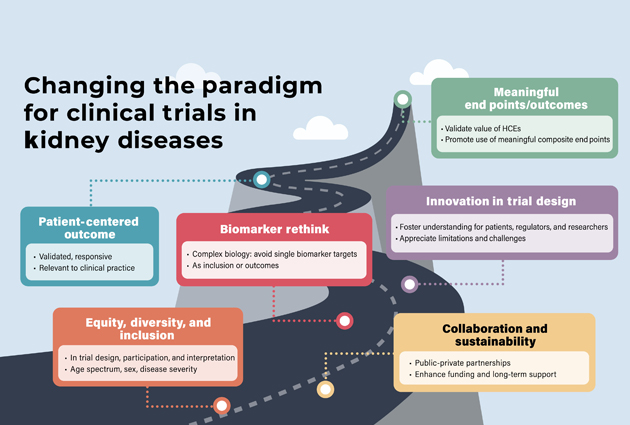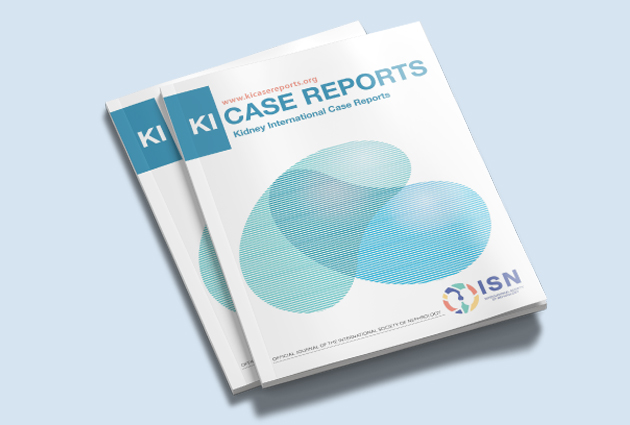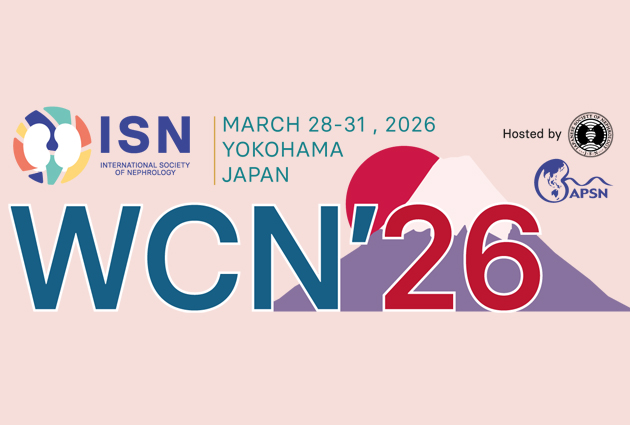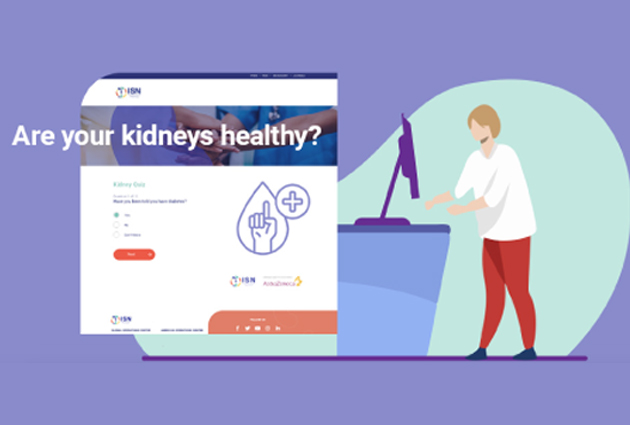When dialysis is not the answer: a toolkit for conservative kidney management

“Not every patient with end-stage kidney disease will benefit from dialysis in terms of their survival or quality of life,” explains Professor Sara Davison from the University of Alberta, Canada.
“We are seeing increasing numbers of frailer patients with multiple comorbidities who are starting chronic dialysis. These patients are more likely to be in a situation where the burdens of treatment outweigh the benefits.”
Recognition is growing among the international nephrology community that dialysis should not be the default therapy for patients who are unlikely to benefit. Instead, these patients should be provided with the best available non-dialysis care, known as conservative kidney management (CKM).
Prof. Davison continues: “Shared decision-making for CKM versus dialysis is often not integrated into practice, and patients continue to enter dialysis care pathways that are not necessarily aligned with their preferences or their individual prognosis. Added to that, we know there is tremendous international variation in the acceptance of CKM as a treatment approach as well as in the clinical standards of care delivered to these patients.”
In her WCN’21 talk, Prof. Davison will discuss her work on developing a national digital toolkit for CKM that is accessible and customizable. She leads this project with her Kidney Supportive Care Research Group and the Canadian Society of Nephrology.
Developing the toolkit included finding national consensus on the key components of CKM, clinical practice guidelines, and key performance indicators. The toolkit will provide educational resources for healthcare providers and patients, and customizable tools for implementing and evaluating renal patient care programs.
The national toolkit builds on the success of the interactive CKM Pathway developed for Alberta and implemented in 2016. Prof. Davison is leading on similar work for the ISN with an international working group.
“Our goal is to reduce variations in CKM practices and improve patient outcomes, for example with better management of symptoms. We are also aiming to improve integration of CKM into existing health systems.”
Prof. Davison says she is investigating how the toolkit could be applied to other chronic diseases, notably to support patients with multimorbidity, including those with advanced kidney, heart, liver and lung failure, and those with advanced-stage cancers.
She concludes: “I hope my talk will create awareness of the work that is underway to optimize CKM, but it will also provide attendees with resources straight away that will support them and their patients in the provision of CKM.”
Professor Sara Davison: “The development of a national toolkit for Conservative Kidney Management”
Theme Symposium: Making the right choices, palliative care and quality of life in ESKD
Monday 19 April, 11:00-12:00 hrs Montréal (Canada) time

